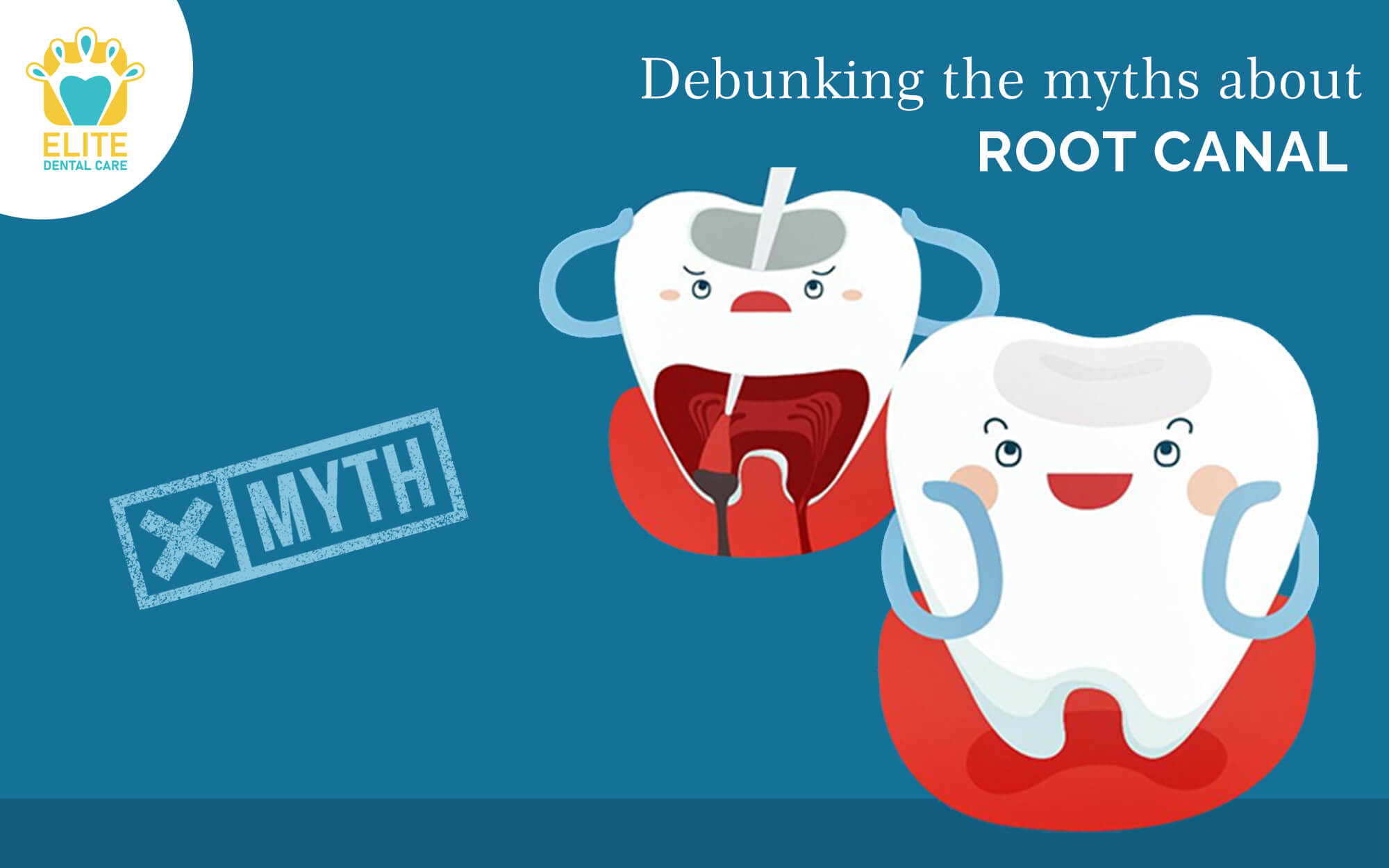Introduction
Root canal therapy is a dental procedure that is often surrounded by myths and misconceptions. Many people have heard horror stories or outdated information about this treatment, leading to unnecessary fear and anxiety. In this blog post, we aim to dispel these myths and provide accurate information about root canal therapy.
Root Canal Therapy is Painful
One of the most common myths surrounding root canal therapy is that it is a painful procedure. However, with modern advancements in dentistry, this is far from the truth. Dentists use local anesthesia to numb the area, ensuring that patients feel little to no pain during the procedure. In fact, root canal therapy is often the solution to alleviate the excruciating pain caused by an infected tooth.
Root Canal Therapy Causes Illness
Another misconception is that root canal therapy can lead to various illnesses. This myth originated from poorly conducted research in the early 20th century. The research claimed that bacteria trapped in the treated tooth could cause systemic diseases. However, numerous scientific studies have since debunked this theory, proving that root canal therapy is a safe and effective procedure with no links to systemic illnesses.
Extraction is a Better Alternative
Some individuals believe that extracting the infected tooth is a better alternative to root canal therapy. However, this is not always the case. Saving the natural tooth through root canal therapy is generally the preferred option. Extracting the tooth can lead to several complications, such as misalignment of neighboring teeth, difficulty in chewing, and bone loss. Root canal therapy allows you to maintain your natural smile and avoid potential oral health issues.
Root Canal Therapy Requires Multiple Appointments
Contrary to popular belief, root canal therapy can often be completed in a single appointment. However, the number of appointments required may vary depending on the severity of the infection and other factors. Your dentist will evaluate your specific case and provide you with a treatment plan that outlines the number of appointments needed to complete the procedure successfully.
Root Canal Therapy is Only for Severely Infected Teeth

Root canal therapy is not limited to severely infected teeth. It is also performed when the tooth’s pulp is inflamed or irritated due to deep decay, repeated dental procedures, or trauma. By addressing these issues early on, root canal therapy can prevent further complications and preserve the tooth’s structure.
Summary
Root canal therapy is a common dental procedure used to save a severely damaged or infected tooth. Despite its effectiveness, there are several myths and more misconceptions that surround this treatment. This blog post aims to debunk these myths and provide accurate information about root canal therapy.
- Q: Does root canal therapy cause pain?
- A: No, root canal therapy is performed under local anesthesia, so you won’t feel any pain during the procedure. In fact, it is done to relieve the pain caused by an infected or inflamed tooth.
- Q: Will my tooth become dead after a root canal?
- A: No, a root canal treatment removes the infected or damaged pulp from the tooth, but the tooth itself remains alive. The procedure helps save the natural tooth and prevents the need for extraction.
- Q: Are root canals only necessary when experiencing severe toothache?
- A: Severe toothache is one of the common symptoms that indicate the need for a root canal, but it is not the only reason. Root canal therapy is also required when there is an infection, deep decay, or trauma to the tooth.
- Q: Can antibiotics alone solve the problem instead of a root canal?
- A: Antibiotics can temporarily relieve the symptoms of a tooth infection, but they cannot eliminate the infection completely. Root canal therapy is necessary to remove the infected pulp and prevent further complications.
- Q: Is it better to extract the tooth instead of getting a root canal?
- A: Saving your natural tooth through root canal therapy is usually the best option. Extracting a tooth can lead to other problems like shifting of adjacent teeth, difficulty in chewing, and loss of jawbone density.
- Q: Are root canals time-consuming?
- A: The duration of a root canal treatment depends on the complexity of the case, but most procedures can be completed in one to three visits. Your dentist will provide a more accurate estimate based on your specific situation.

Welcome to my website! My name is Richard Brecknock, and I am a dedicated professional Dental Prosthetist with a passion for creating beautiful smiles and improving oral health. With years of experience in the field, I am committed to providing exceptional dental care and ensuring the utmost comfort for my patients.

